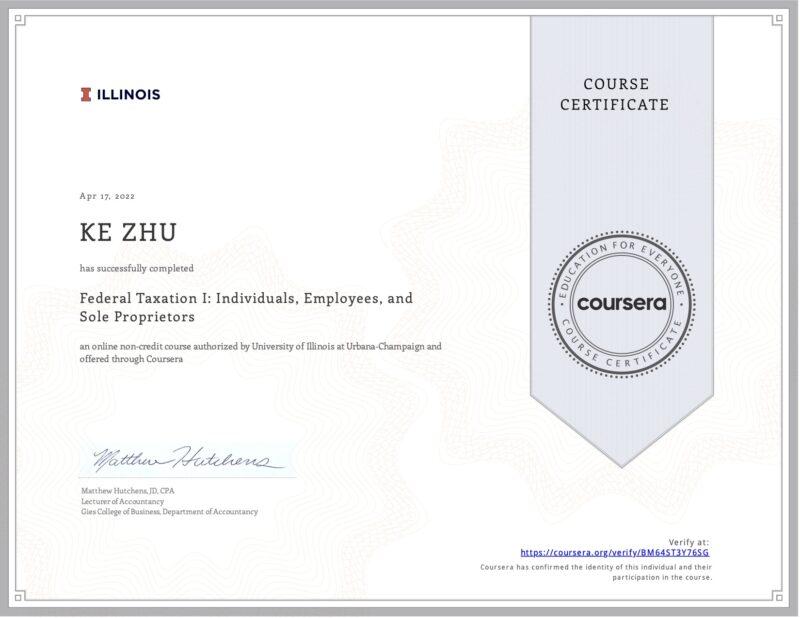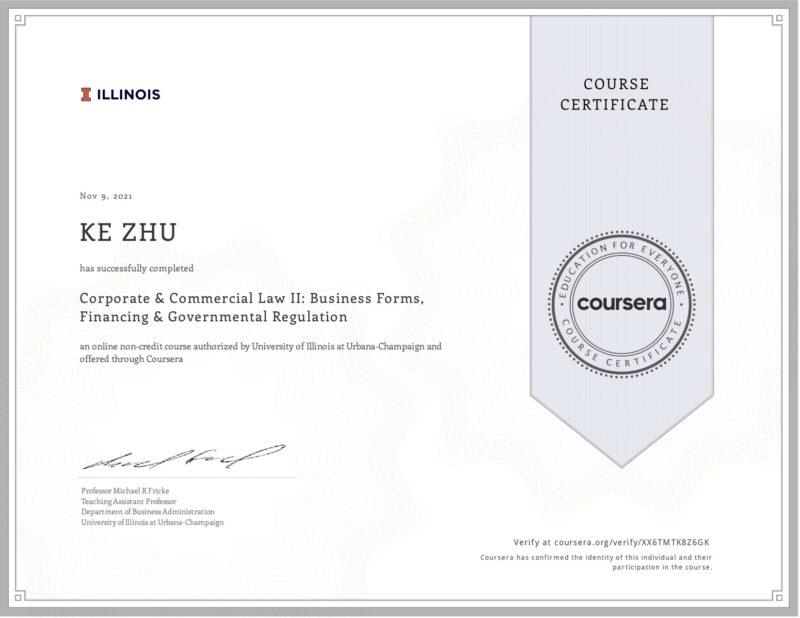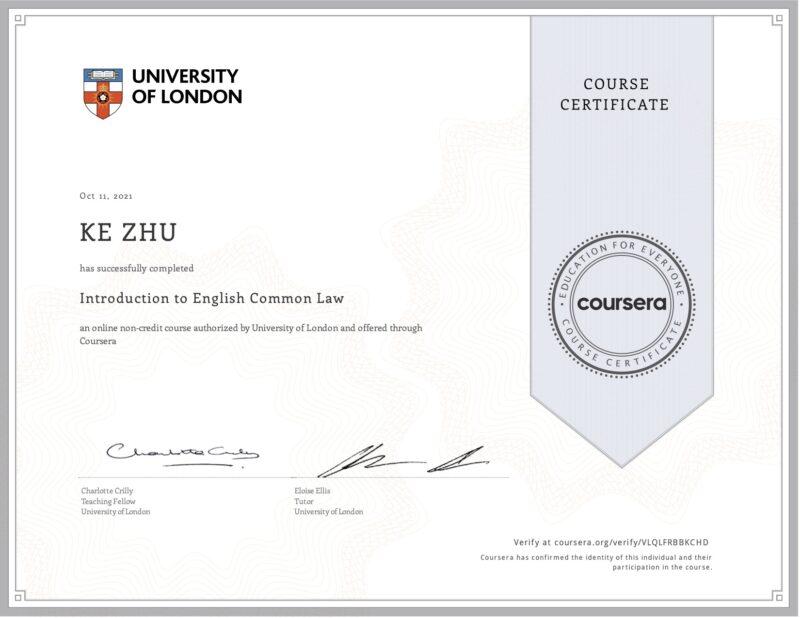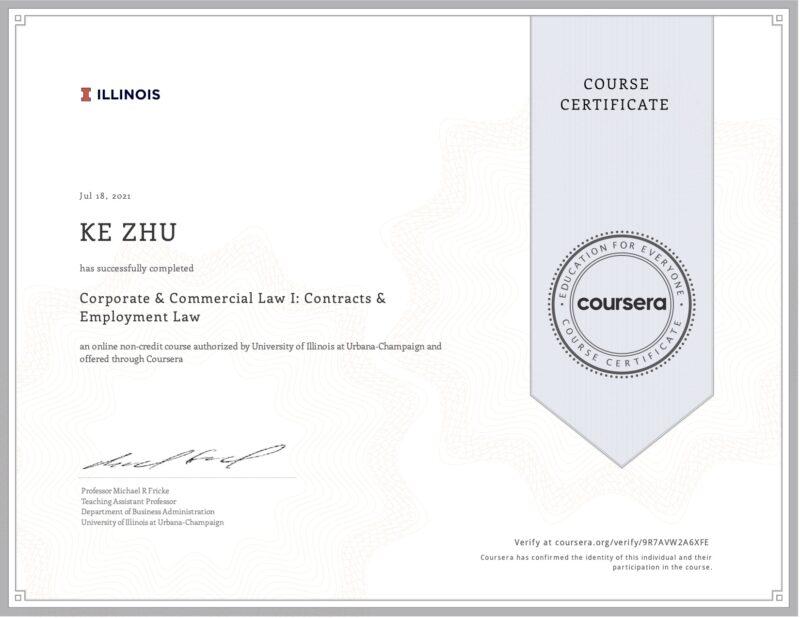Federal Taxation I: Individuals, Employees, and Sole ProprietorsUniversity of Illinois at Urbana-Champaign I believe taxation is the negotiation between the governors and the governed. Yep, most of people don’t like taxes, however it is really rewarding if you know how the intricacies work. This is an “WOW” course that deserves your attention. Lots of stuff…
Category: Law
Itemized Deductions and Retirement Plans
Recall that the itemized deductions are also called “from AGI” deductions or below the line deductions. They are usually more personal in nature, including medical, taxes, interest and charitable, and not related to running a trade or business. It only provide a tax benefit to the extent, in total, they exceed the standard deduction amount….
Business Deductions
Employees vs Self-Employed What differentiates an employee from a self-employed individual (also known as independent contractor)? Employee If a person is subject to the will and control of another with respect to what job shall be done and how it shall be done. Then that person is more likely to be considered an employee rather than a self-employed…
Tax Deductions for Business, Hobby & Rental
Deductions are essentially the tax word for expense that can reduce the tax base. Deductions are disallowed unless a specific provision permits them. Deductibility depends on “legislative grace”. That is what Congress has decided to legislatively decree what is an allowable expense that can reduce the tax base. As a result, deductions are defined quite narrowly….
My #78 course certificate from Coursera
Corporate & Commercial Law II: Business Forms, Financing & Governmental RegulationUniversity of Illinois at Urbana-Champaign University of Illinois offered lots of amazing business courses and this is one of them. This course first introduces various forms of business, among which LLC (Limited Liability Company) interests me a lot, which is quite modern and essentially a…
Gross Income for Individuals
Gross Income Gross income is all income from whatever source defined, it includes income realized in any form whether in money, property or services. If receive property or services, use Fair Market Value. Taxpayer recognize gross income when: They receive an economic benefit Increase in net worth (assets minus liabilities) Borrowed funds represent a liability,…
Administrative Regulations
Administrative Agencies Administrative agencies are government entities that are housed in the executive branch. They make rules, investigate violations, enforce rules. Every administrative agency only has power because Congress passed some statute (called enabling legislation) that gave it power. Executive agencies Firmly housed within the executive branch, do what the president says.E.g.: FBI. Independent agencies…
My #71 course certificate from Coursera
Introduction to English Common LawUniversity of London This is a great course introducing influential English legal system, its history, constitutional background, and institutions. I have visited UK for a few times, this course reminds me of the exciting journey and unforgettable experience. The history part is the most interesting to me: William the Conquer, King…
English Common Law
English Legal System Common law system means that the decisions of judges in courts are of central importance in making the law. The earlier court decisions by higher courts are binding on judges who decide later cases. There are also other sources of English law, most importantly Acts of Parliament (or called statutes), European Union…
My #62 course certificate from Coursera
Contracts & Employment LawUniversity of Illinois at Urbana-Champaign This is a very useful course for non-experts, because we all do business every day. The course firstly introduced all elements of a valid contract, a little theoretical, but instructive to help identify the reasons why an agreement is not enforceable. Besides rules from common law, the…
Agency and Employment Law
Agency Agency is nothing more than the idea that you give somebody else authority to act on your behave. There is a principal (the person in charge) and an agent (who takes on some responsibility from the principal). There are 4 types of common agency relationship: Agent’s Duties Agent’s Rights Principal’s Duties Principle’s Rights Tort…
Enforcement of Contracts
Third party beneficiaries Third party beneficiaries are people who benefit under a contract, but are not part to the contract. What rights do third party beneficiaries have? The answer depends on what type of beneficiary each of these parties is: ONLY intended beneficiaries can enforce agreements as a third party, who must have been vested….
Sales Contracts: UCC Article 2
UCC stands for Uniform Commercial Code, UCC Article 2 pertains sales of goods, which provides additional rules when it comes to contracts for the sales of tangible, movable goods. Sometimes a contract calls for both goods and services, in which case use “Predominant factor test’ to distinguish between them. The question is “What is the…
Basics of Contracts
A contract is nothing more than an enforceable agreement. The person who makes an offer is offeror, whose counter-party is offeree, who has the power to form a contract. ‘Valid contract’ mean either party can enforce it, in contrast ‘Void contract’ is unenforceable by either party. Some where in the middle between valid and void…
Computing the Tax
Income Tax Formula This is an important formula, you’ll use throughout the course and beyond. The US tax laws use all-inclusive income concept. We need to differentiate between “realized (economic) income” and “recognized income”. You realize economic income, when you have an exchange of property rights. “Recognized income” is part of “realized income” that is…














